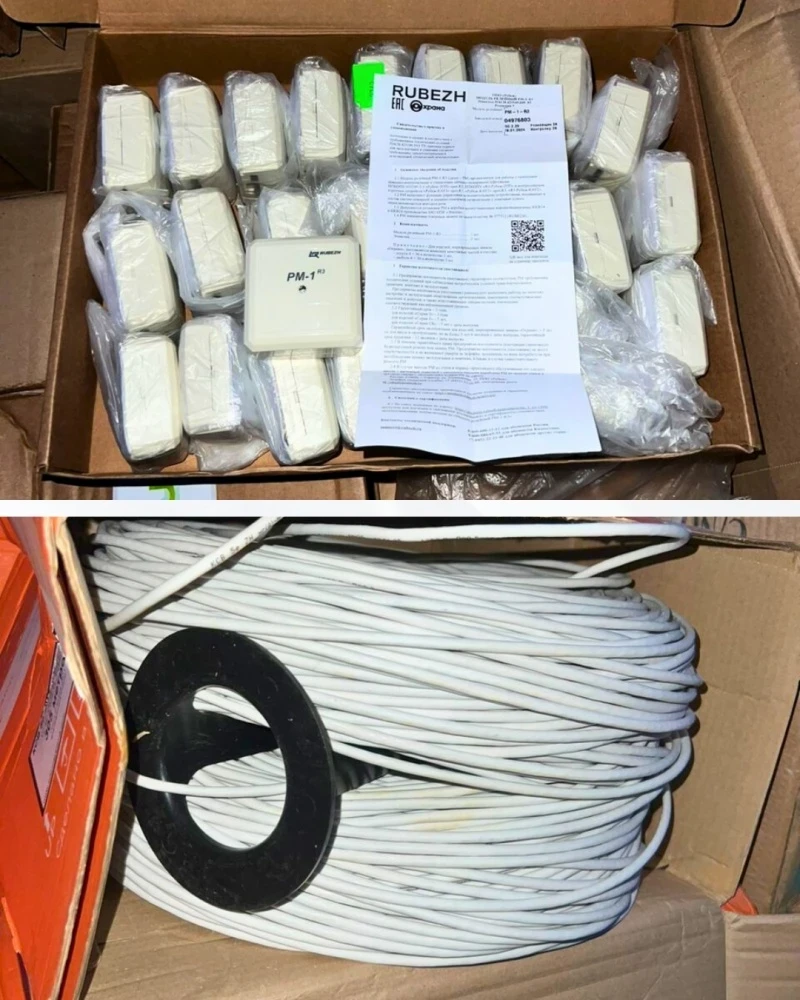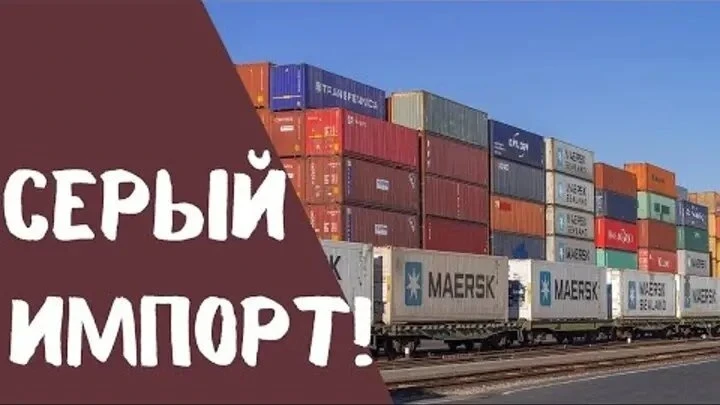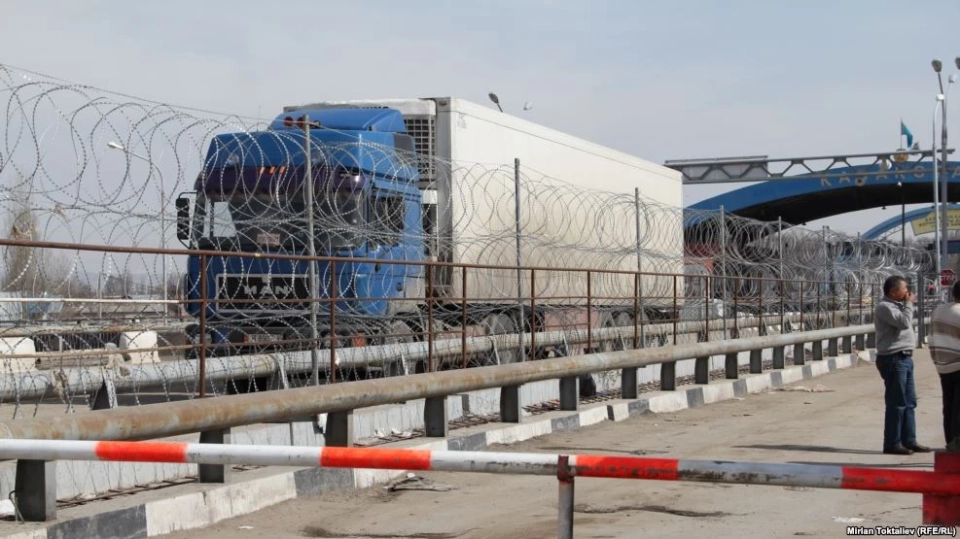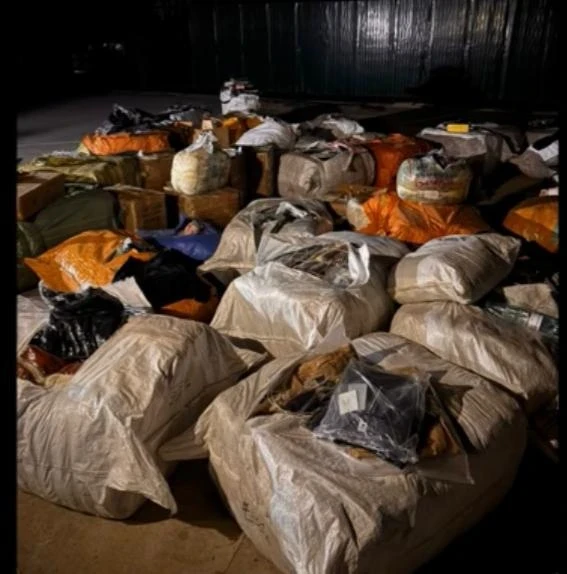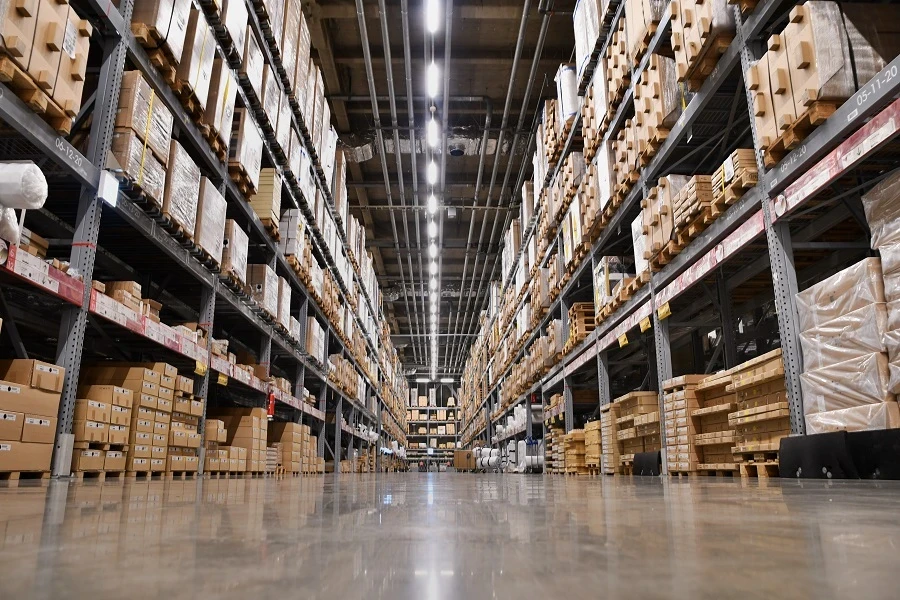
Photo from the internet. A special customs regime for e-commerce will be introduced in Kyrgyzstan
The changes also affect the Criminal Code and the Code of Offenses, which have been amended to include provisions on liability for violations related to the circulation of goods. E-commerce goods are now mentioned in a separate category, including cases of bribery or illegal use of restricted goods. Administrative fines for individuals and legal entities are provided for non-compliance with the rules for using such goods and vehicles.
The amounts of fines for violating the procedure for handling restricted goods, including e-commerce goods, are as follows:
- for individuals — 3,000 soms;
- for legal entities — 13,000 soms.
Significant changes have also affected the Law "On Customs Regulation." A new chapter is being introduced that is dedicated to the specifics of moving e-commerce goods across the customs border. Rules regarding customs control, temporary storage, declaration, release of goods for domestic consumption, and their use in commercial activities have been established. Specific rules for individuals ordering goods online will apply regarding the payment of customs duties and taxes, as well as the possibility of duty-free import within established norms for value, weight, and quantity.
Additionally, a new legal status and requirements are being introduced for e-commerce operators, including the need for warehouse facilities, an information system integrated with customs authorities, civil liability insurance, and qualified personnel. Compliance with customs regulations will also be monitored.
Operators will be included in a special register and will have the right to carry out customs operations on behalf of clients, but will bear increased responsibility for providing false information and documents.
The law also redistributes powers: decisions that were previously made by the cabinet of ministers will now fall under the authority of the authorized body in the field of customs regulation. The rules for the application of electronic seals, customs escort, payment deferrals, and working with goods in warehouses and customs control zones are clarified.
The cabinet of ministers has been tasked with aligning its subordinate regulations with the new law within six months.

